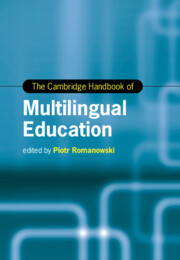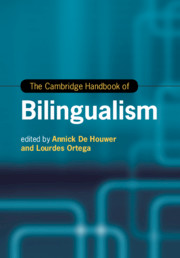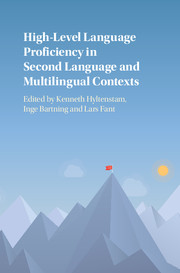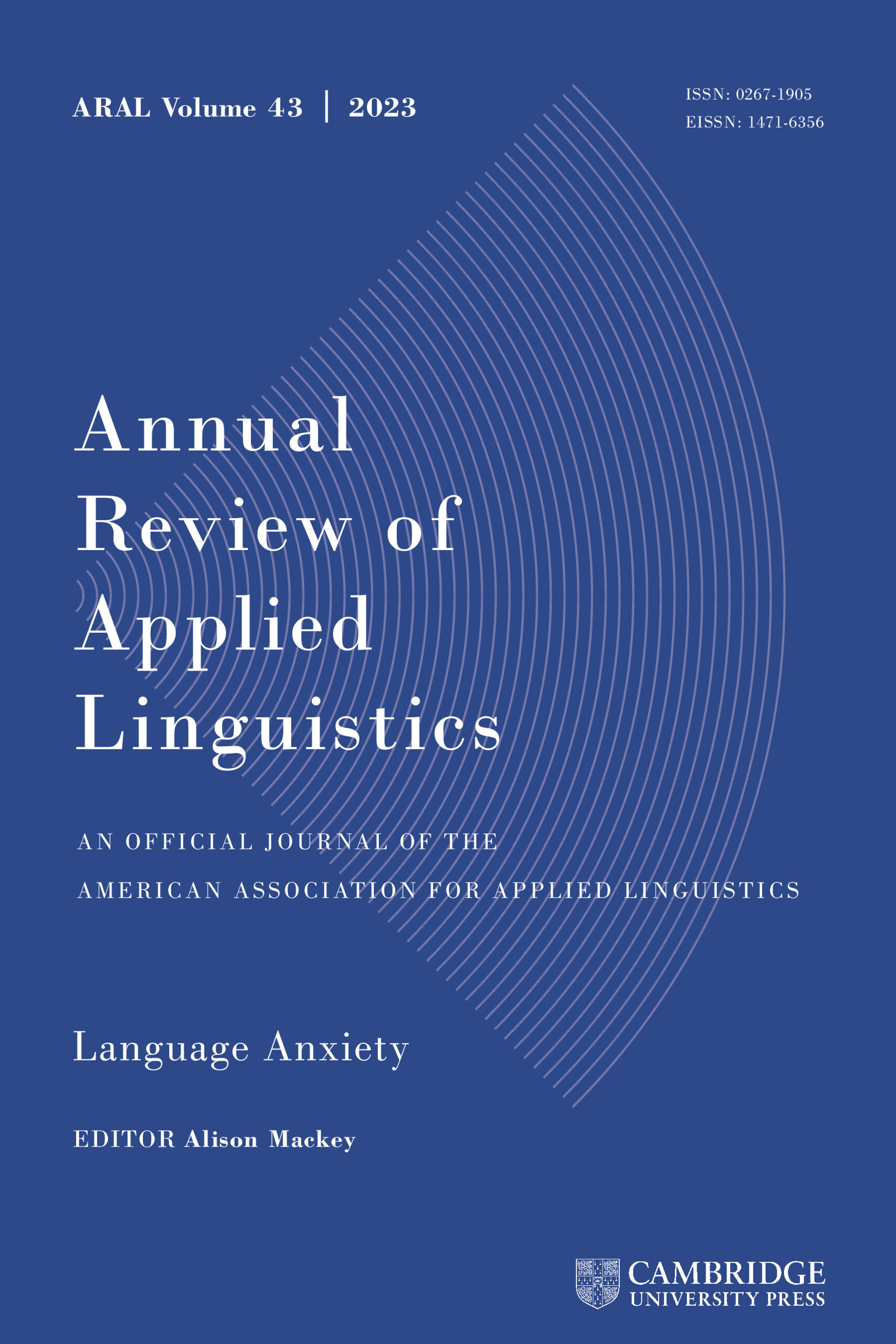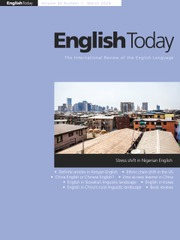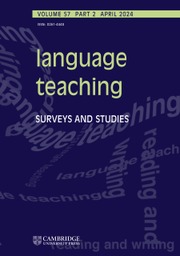The Cambridge Handbook of Multilingual Education
Although multilingual education is still a relatively new field, it has already become a solid and dynamic area of academic investigation growing worldwide. Bringing together a stellar line-up of leading experts, this Handbook covers a wide range of topics crucial for understanding the concept of multilingual education and its implementation. It includes a wide range of overviews and case studies from diverse systems of education from across the globe, to help facilitate effective multilingual instruction relevant in the realities of local and global contexts. All chapters are written in a knowledgeable, yet accessible, style, and the theory is introduced step-by-step, to provide a rich resource for classroom instructors worldwide. It will serve as the principal text for many of the rapidly increasing multilingual programmes, degrees, courses and seminars devoted to multilingual education in tertiary institutions worldwide, as well as a reference text for instructors in primary and secondary education.
- Provides a comprehensive overview of scientific concepts and terms pertaining to multilingualism and multilingual education in action
- Introduces the theory step-by-step, using ordinary-language explanations and examples throughout
- Includes contributions from a team of international scholars, to help readers understand how multilingual education functions in diverse geographical locations around the globe
Product details
June 2025Hardback
9781009263320
990 pages
244 × 170 mm
Not yet published - available from June 2025
Table of Contents
- Prologue
- Part I. Introduction:
- 1. Conceptualising different approaches to multilingual education
- 2. Translanguaging language education: language teaching and learning as cultural translation, co-learning, and transpositioning
- 3. Problematising the key issues in policy and implementation of multilingual programmes
- 4. Multilingual or plurilingual education: on conceptual controversies
- 5. Characterising minority and heritage language education
- 6. Transition from secondary CLIL to tertiary EMI: theories and realities
- 7. The application of DMM to multilingual education
- 8. Second language learning in multilingual education: a means to an end?
- Part II. Content and Language Integrated Learning: Showcasing Europe and Beyond:
- 9. Enhancing language awareness through CLIL
- 10. Reinterpreting CLIL in 'Monolingual' Japan: can a PASTeL approach meet the needs?
- 11. CLIL-related benefits for general EFL proficiency
- 12. Positioning CLIL in the polish context
- 13. Discourse in CLIL
- 14. Preparing Teachers for CLIL
- 15. CLIL: a state-of-the-art approach in Brazil
- 16. Looking back to move ahead: lessons learned and ways forward in CLIL programmes
- Part III. Teaching Academic Subjects through English Medium Instruction:
- 17. Researching english medium instruction in Asian higher education
- 18. EMI: English Medium Internationalisation in Asian higher education
- 19. Problematising English Medium Education (EME) in Eurasia
- 20. EMI culture in Korean higher education
- 21. Language education through EMI in Switzerland
- 22. EMI and Arabic in the UAE
- Part IV. Dual Language Learning, Immersion Programmes, and Learner Agency:
- 23. Dual language education in the USA
- 24. Dual language instruction in Africa
- 25. Helping learners to use all their languages to learn subjects in school
- 26. Child's language-based agency in early language education
- 27. CLIL, immersion, and bilingual education programmes in Australia
- Part V. Heritage Language Education:
- 28. Japanese heritage language education in dispersed diaspora communities
- 29. Approaches to heritage language education in Australia
- 30. Heritage language policies in New Zealand
- 31. Polish heritage language users in expected and unexpected places
- 32. Heritage language education in diasporic communities: a focus on Chinese speakers
- 33. Bilingual education for majority and minoritised language speakers in Latin America
- 34. Japanese as a heritage language in the United States: issues and future agenda
- Part VI. Minority Language Education:
- 35. Trilingual education in the Basque Country
- 36. The revival of Kashubian in Poland: language status, use, and education
- 37. Models of provision in Irish medium schools
- 38. Beyond English medium orientations: accommodating indigenous South African languages in multilingual classrooms
- 39. Non-dominant languages in Southeast Asian education
- 40. Mother tongue education in Africa: an example of Zimbabwe
- 41. Quechua Innovation and Teaching Initiative (QINTI): contributing to the landscape of Quechua L2 instruction
- Part VII. A Critical Look at Multilingual Pedagogies:
- 42. Pedagogical codeswitching and translanguaging research in multilingual settings
- 43. Translanguaging pedagogy in the Canadian context: bilingual departure for multi/plurilingual evolution
- 44. Aliens or allies? Teaching english and intercomprehension between Romance languages
- 45. Is the transformative claim about translanguaging too powerful? Or not powerful enough?
- 46. Translanguaging in Chinese university classrooms
- 47. Codeswitching, translanguaging, and linguistic theory
- 48. Translanguaging in written practices of Japanese students in tertiary education
- Index.

